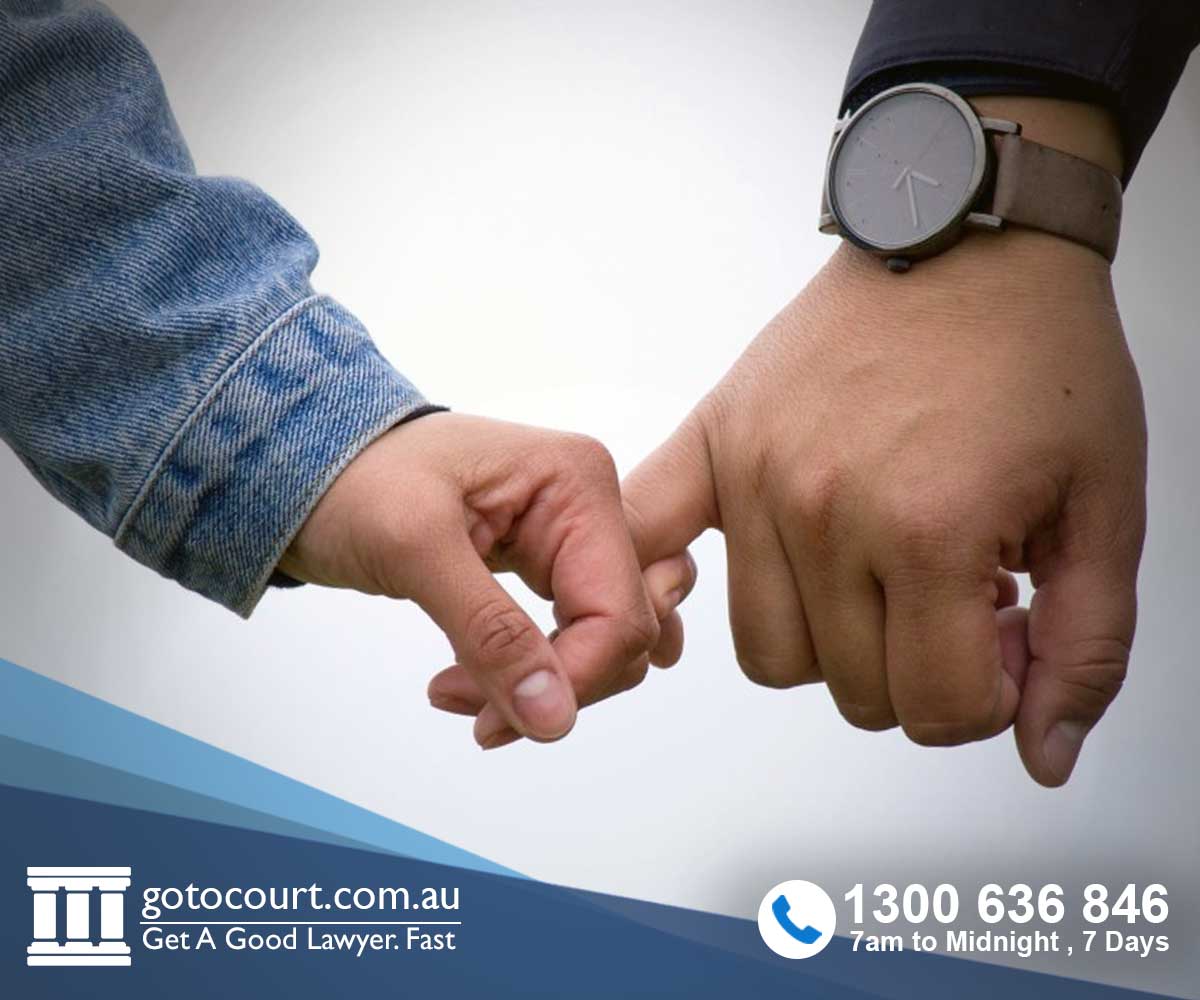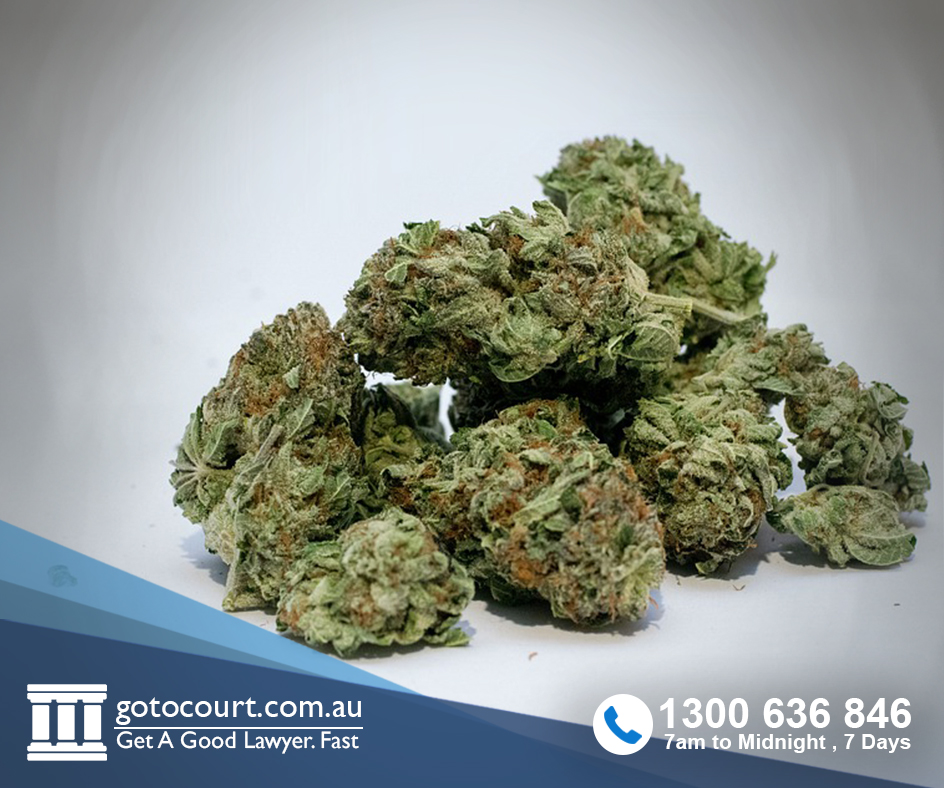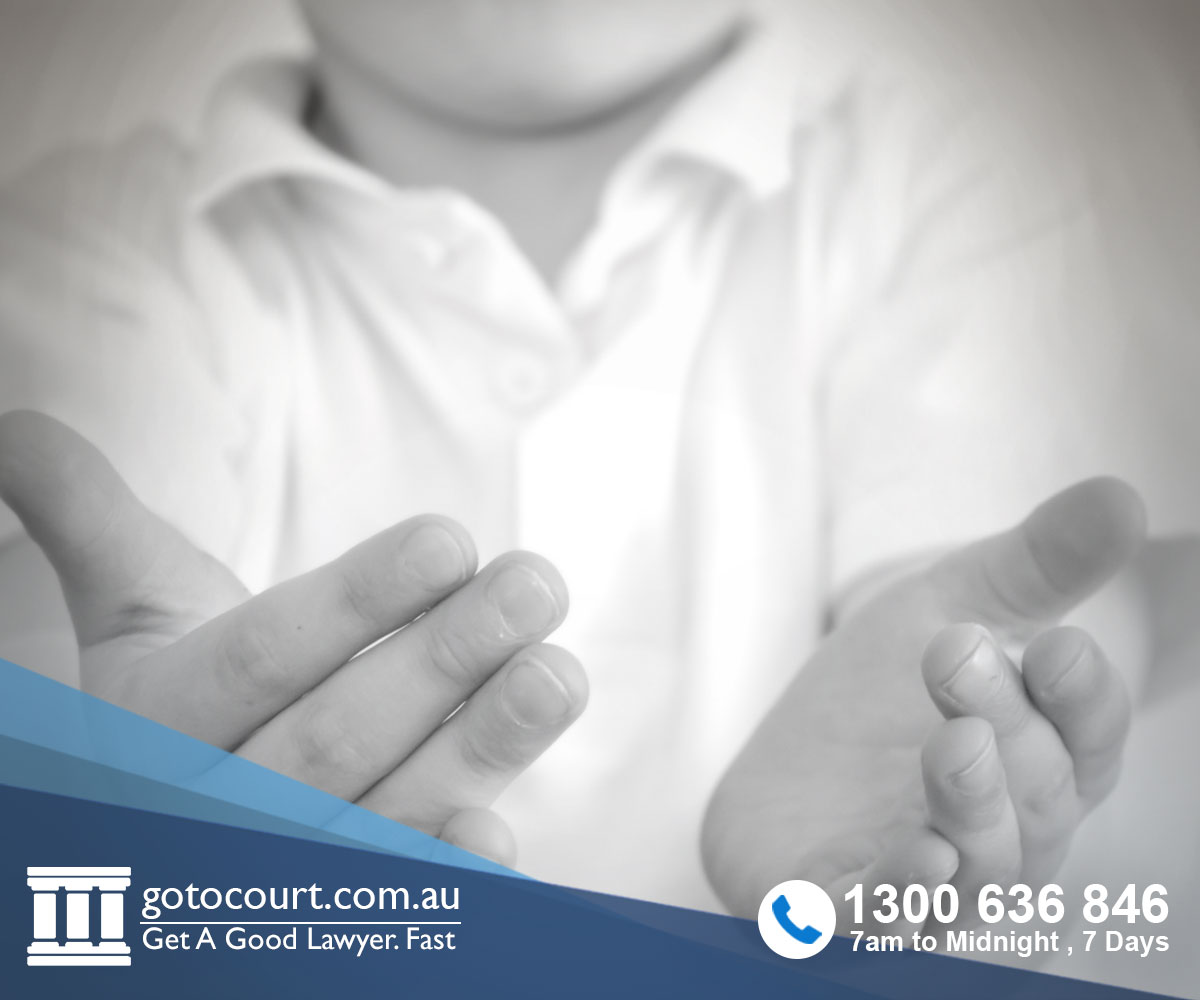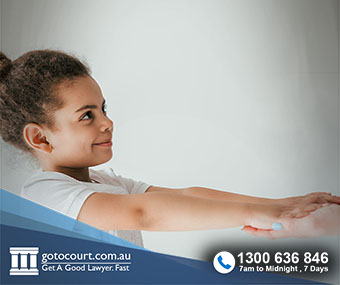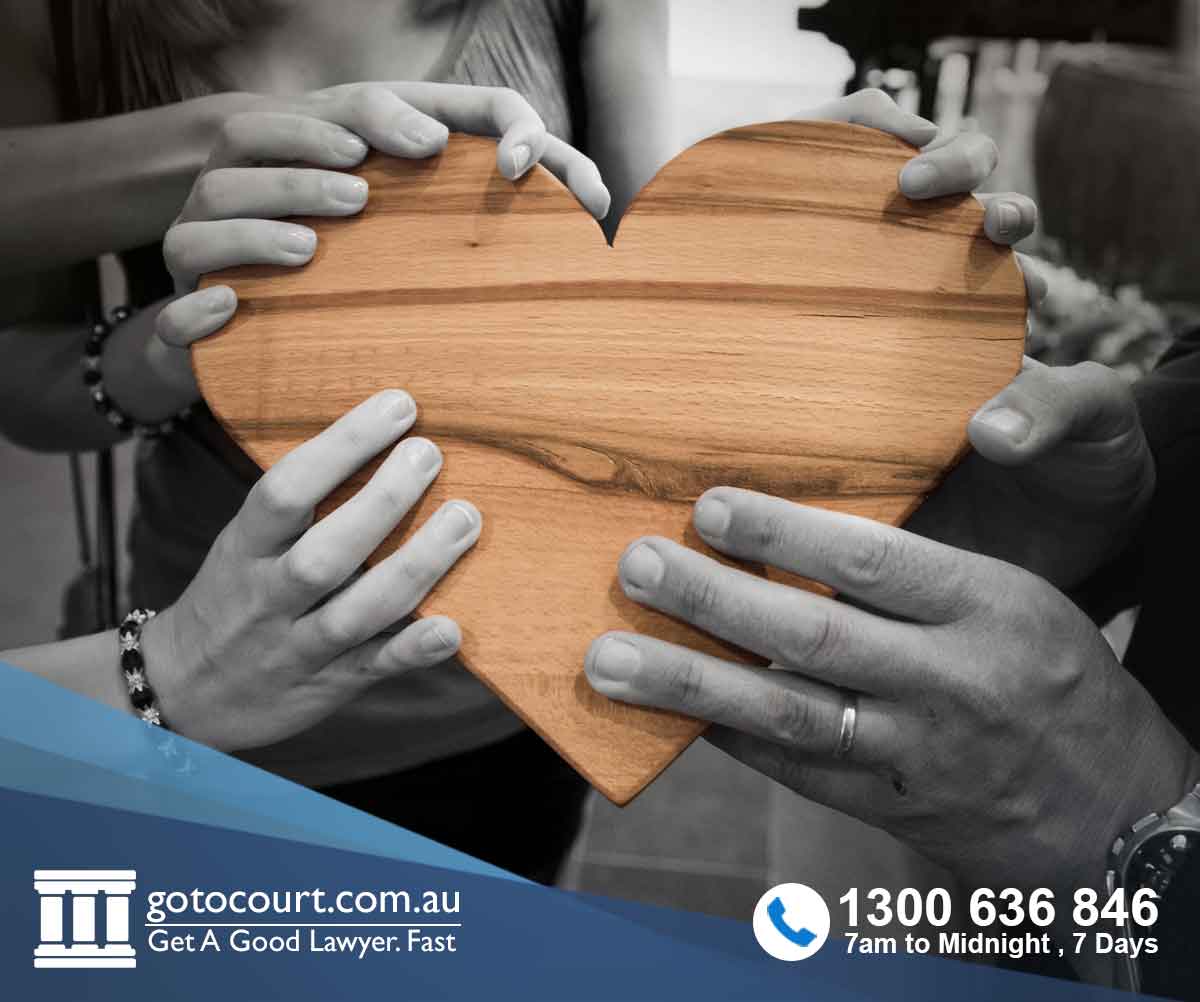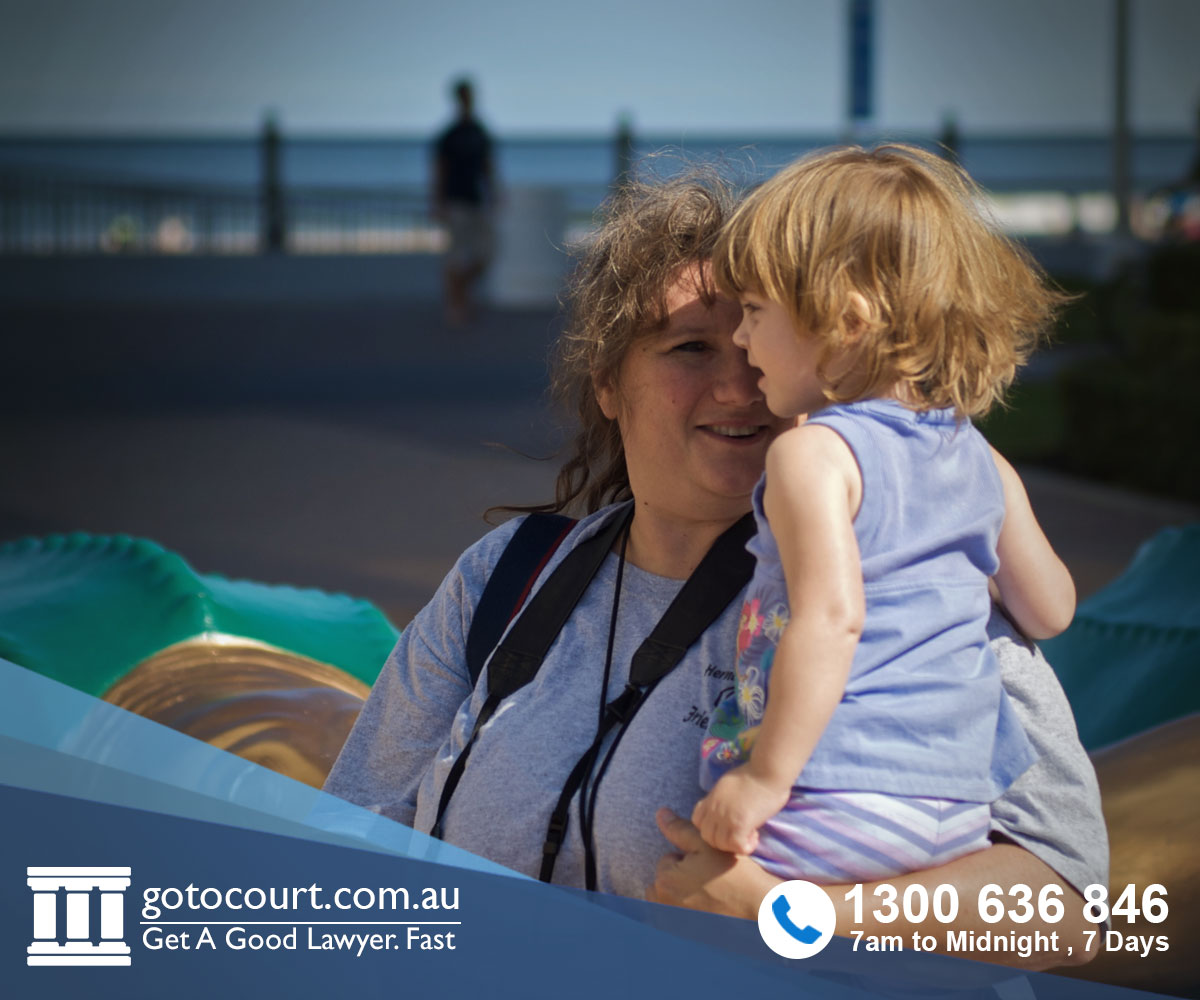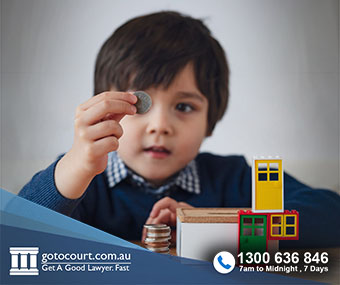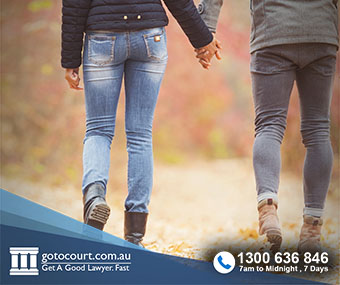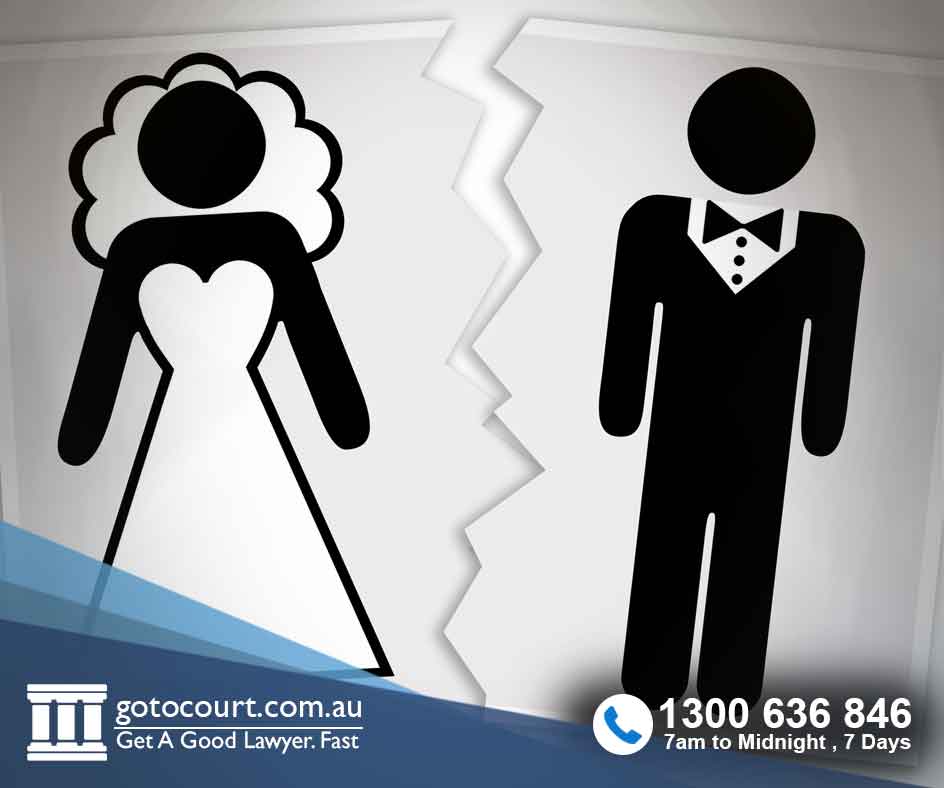Call our lawyers
now
or,
have our lawyers
call you
Bigamy in Australia
Updated on Nov 08, 2022 • 5 min read • 709 views • Copy Link
Bigamy in Australia
In Australia, a person may only be married to one person at any given time. Section 94 of the Marriage Act 1961 provides that a person who is married shall not go through a form or ceremony of marriage with any person. Marrying another person when one is already married is known as bigamy.
Criminal offence of bigamy
It is a criminal offence to marry a person whilst already married. The maximum penalty for bigamy is five years imprisonment. Mistake of fact is available as a defence to a charge of bigamy. An example of where this defence may be argued is where a person genuinely believed that their spouse was deceased at the time of the subsequent marriage but in fact they were not deceased.
Decree of nullity
If a person is already married at the time of a marriage, the marriage is void under Section 23B of the Marriage Act 1961. Where this has occurred, a person may apply to the court for a decree of nullity of marriage.
When a decree of nullity is made, the judge is required to decide whether the documents from the court proceedings should be referred to the relevant prosecuting authorities. Those authorities will then decide whether a prosecution for bigamy should occur.
Hiu v Ling
In the matter of Hui v Ling [2010] FamCa 743, Ms Hiu and Mr Ling were in a relationship in Australia. Mr Ling returned to his country of origin, China, to visit his parents from late December 2009 to early January 2010. During his short visit, his parents and the parents of his former girlfriend arranged for their respective children to marry. The marriage ceremony took place in late December 2009 in Hong Kong.
An overseas marriage will be recognised in Australia as valid if it was valid under the local law at the time it was solemnised. Mr Ling’s marriage in Hong Kong was recognised as being valid in Australia.
Mr Ling returned to Australia and married his girlfriend, Ms Hiu. After the wedding, Ms Hiu became aware that Mr Hiu was already married.
At the hearing of Ms Hiu’s application for a decree of nullity of marriage, Mr Ling conceded that he had married Ms Hiu whilst being married to another person. Mr Ling gave evidence voluntarily and the court issued a certificate pursuant to Section 128 of the Evidence Act. The effect was that Mr Ling’s evidence could not be used against him in criminal proceedings.
Both Ms Hiu and Mr Ling made submissions against the matter being referred to authorities for prosecution for bigamy. However, the court opined that Ms Hui’s evidence would be ‘sufficient to enable a prosecutor to make sufficient enquiries…as may enable a prosecution to be undertaken.’
Mr Ling submitted that he experienced familial and cultural pressures to enter into an arranged marriage and that he yielded to those pressured while in China. He then returned to Australia and married by his own choice.
Kirvan v Tomaras
In the 2018 case of Kirvan & Tomaras [2018] FamCA 171, Ms Kirvan sought a decree as to nullity of the marriage between her and Mr Tomaras. The marriage took place in Australia.
Ms Kirvan had travelled to Australia from a foreign country in early 2016. Prior to her arrival in Australia, she had married another person in a civil ceremony in 2015 “according to the social custom”. On her arrival in Australia, Ms Kirvan declared her marriage to the Department of Immigration and Border Protection. Ms Kirvan’s husband arrived in Australia shortly after in March 2016 and applied for a student visa as a secondary applicant.
In April 2016 Ms Kirvan and her husband separated. According to her evidence, she considered that the breakdown was irreconcilable, and she informed the Department of Immigration and Border Protection of their separation. In the meantime, Ms Kirvan met Mr Tomaras in March 2017, commenced a relationship and cohabitation soon after. Ms Kirvan informed Mr Tomaras about her then-husband and that although she was waiting for the divorce to be granted, she considered that marriage to be over.
In mid-2017, Ms Kirvan and Mr Tomaras married. At the time of their marriage, they both knew that Ms Kirvan’s marriage to her then-husband had not yet been formally dissolved. In Australia, before marriage, the couple is required to complete a Notice of Intended Marriage pursuant to regulation 38 of the Marriage Regulations 1963. When completing that notice, Ms Kirvan and Mr Tomaras listed their respective marital statuses as “Never Validly Married”. They did so despite knowing Mr Kirvan was then currently married and awaiting finalisation of her divorce, albeit in a foreign country.
On 22 October 2017, a divorce order was granted in the country where Ms Kirvan and her husband were married. However, the court was satisfied that at the time of their marriage, Ms Kirvan had been “lawfully married” to another person. Accordingly, the court made a declaration of nullity of the marriage between Ms Kirvan and Mr Tomaras.
In this matter, the court considered that Ms Kirvan’s and Mr Tomaras’ conduct had been ‘blatant in order to undergo a marriage ceremony in circumstances where they knew that it was not permissible to do so’.
Accordingly, the court referred the court documents to the relevant prosecuting authority to consider laying a charge of bigamy.
If you require legal advice or representation in a family law matter or in any other legal matter, please contact Go To Court Lawyers.

Affordable Lawyers
Our Go To Court Lawyers will assist you in all areas of law. We specialise in providing legal advice urgently – at the time when you need it most. If you need a lawyer right now, today, we can help you – no matter where you are in Australia.How It Works







1. You speak directly to a lawyer
When you call the Go To Court Legal Hotline, you will be connected directly to a lawyer, every time.


2. Get your legal situation assessed
We determine the best way forward in your legal matter, free of charge. If you want to go ahead and book a face-to-face appointment, we will connect you with a specialist in your local area.


3. We arrange everything as needed
If you want to go ahead and book a fact-to-face appointment, we will connect you with a specialist in your local area no matter where you are and even at very short notice.

